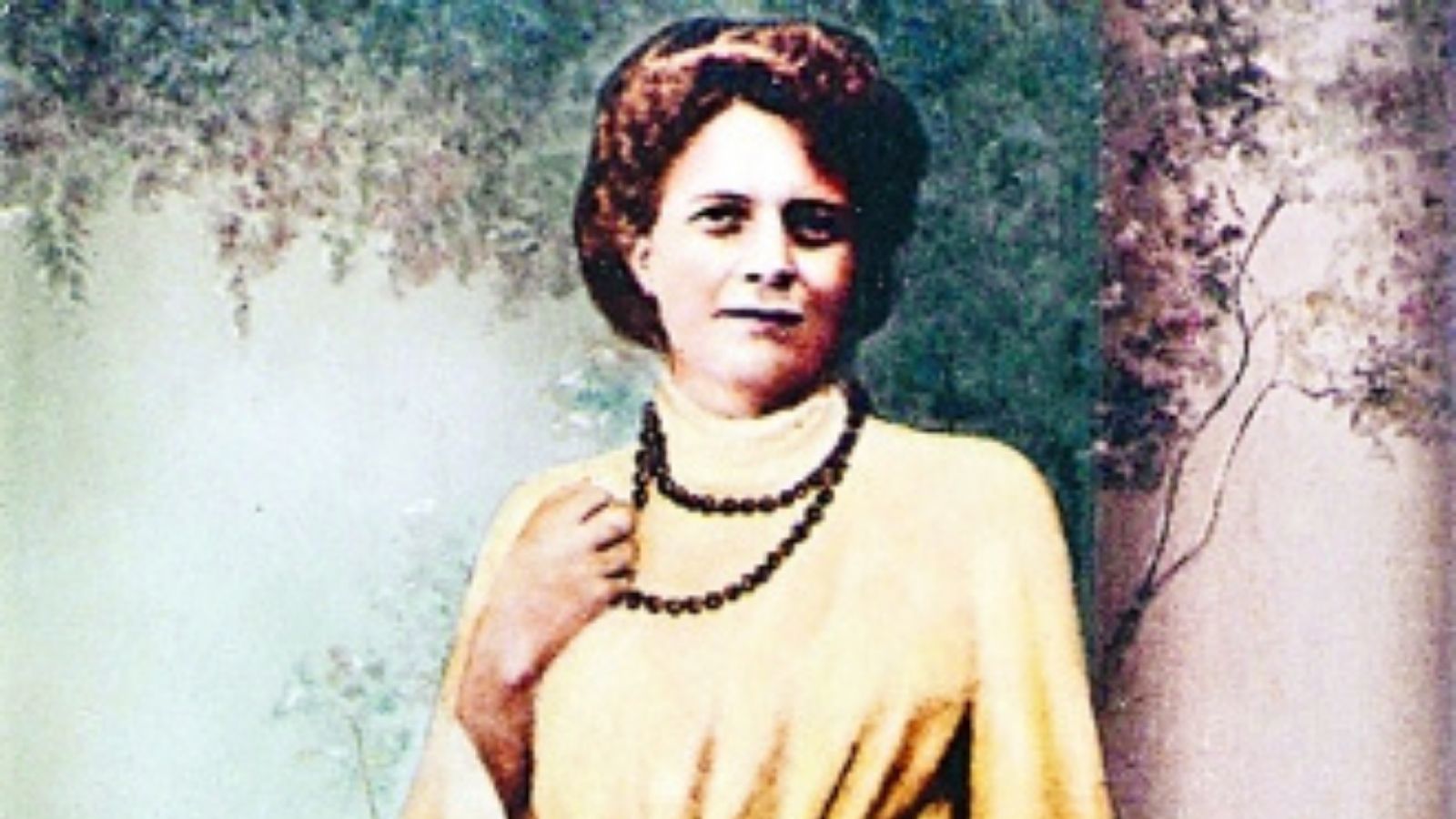By Soumya Aggarwal , Former team member of Vision India Foundation
This article was published in the The Pioneer
A WOMAN AHEAD OF HER TIME
Sister Nivedita’s approach to nation-building was to awaken a nationalistic consciousness in all areas of national life — education, literature, science, history, art and folk culture
The whole history of the world shows that the Indian intellect is second to none. This must be proved by the performance of a task beyond the power of others, the seizing of the first place in the intellectual advance of the world. Is there any inherent weakness that would make it impossible for us to do this? Are the countrymen of Bhaskaracharya and Shankaracharya inferior to the countrymen of Newton and Darwin? We trust not. It is for us, by the power of our thought, to break down the iron walls of opposition that confront us, and to seize and enjoy the intellectual sovereignty of the world.” —Sister Nivedita in Karma Yogin.
The life and work of Sister Nivedita show us that tradition and modernity can be blended together for the development of the country. In the 150th year of her birth, her thoughts are as relevant as during her lifetime. Her life is an example of the respect for women and culture in Hindu civilizational thought. For all those who criticize Hindu Dharma for being disrespectful to women, Nivedita proves them wrong and sets up an alternative way of looking at India. She revived traditional art, supported Indian scientists, redefined literacy for women and advocated for an Indian way of development.
Margaret Elizabeth Noble became Sister Nivedita when Vivekananda initiated her into the vow of Brahmacharya on March 25, 1898. She became the first Western woman to be received into an Indian monastic order, in a sense breaking even 21st century taboos in the 19th century. Brought up by an Irish freedom fighter and inclined to spiritual pursuits even in school, she had already delved deep into the teachings of the East and the West by the time she finished her early education. Nivedita wrote in 1904 to a friend about her decision to follow Swami Vivekananada a result of her meeting him in England in November 1895:
“Suppose he had not come to London that time! Life would have been like a headless dream; for I always knew that I was waiting for something. I always said that a call would come. And it did. But if I had known more of life, I doubt whether, when the time came, I should certainly have recognised it.”

